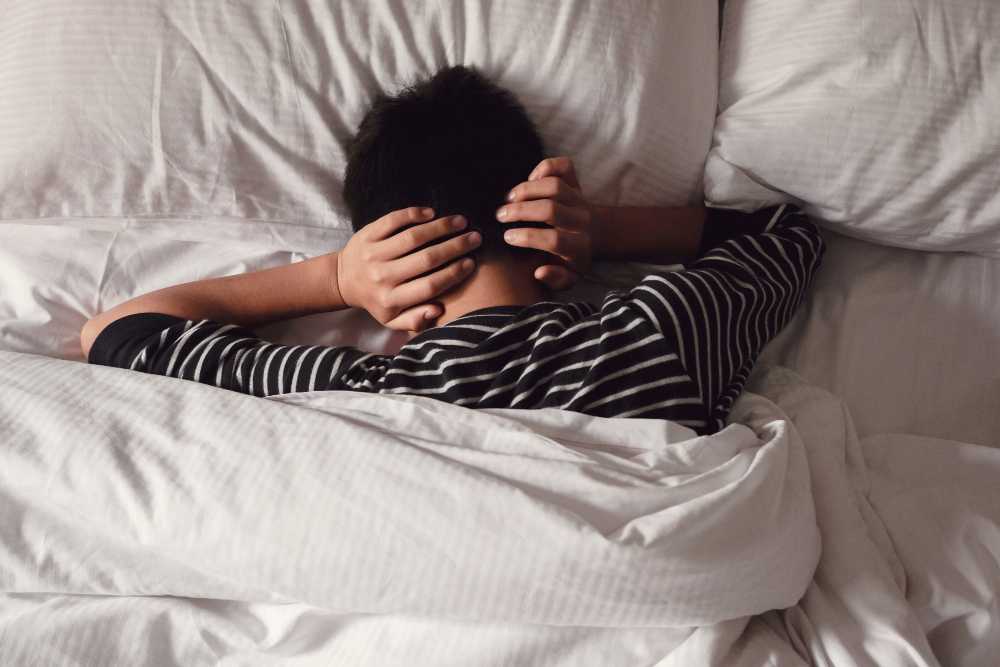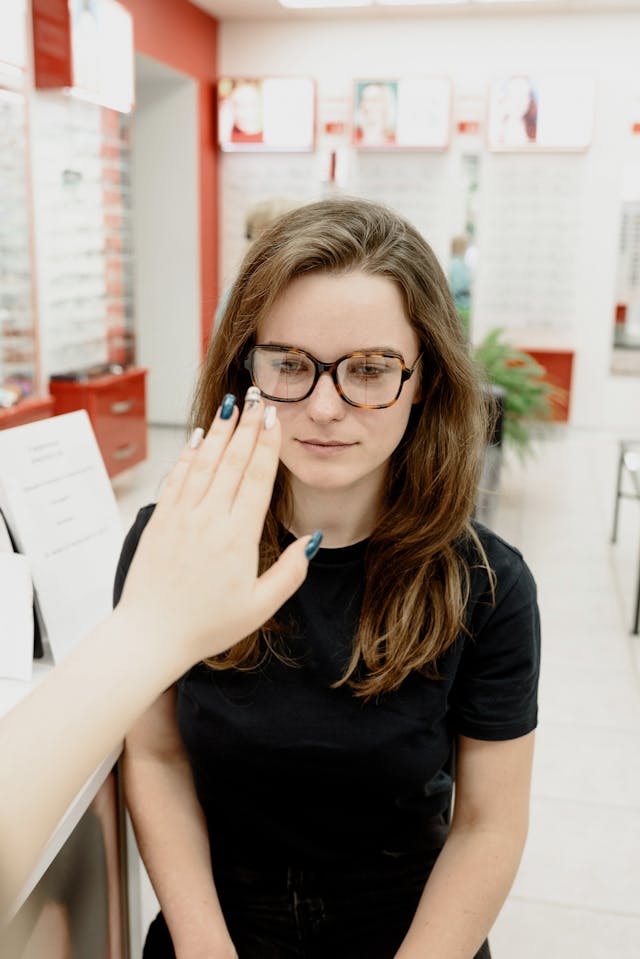Sleep aids in the refueling of both the brain and the body. Teenagers require more sleep since their minds and bodies are rapidly developing.
Most teenagers, per scientific research, do not get much sleep. However, you need around 8 and 10 hours of sleep to perform at your best every day. While you may not always be fortunate to have this much, it is critical to strive to get as much as possible.
Not getting enough sleep regularly causes chronic sleep deprivation. This can have a huge impact on a teen’s life, hurting their mental health and increasing their chances of anxiety, melancholy, and low self-esteem. It may also have an effect on students’ academic achievement.
7 things that you should keep in mind about sleep and teenagers
- Teenagers’ body clocks are shifted forward by one or two hours by puberty hormones, causing them to sleep one to two hours later. Given the fact that teenagers sleep fairly late, the early start of school prevents them from sleeping in.
- The temptation of stimulating entertainment such as television, the internet, and computer gaming can persuade a teenager to get out of bed.
- The brain is told to stay awake by light. Light from laptops, televisions, and cell phones in the evening can hinder the adequate generation of melatonin, the brain chemical essential for sleep.
- Restless legs syndrome or sleep apnea are examples of sleep problems that can impact how much sleep a teenager receives.
- A teenager’s brain becomes more active when they do not get enough sleep. It’s more difficult to fall asleep with a hyper-aroused brain.
- Sports, homework, part-time work, and social responsibilities can all cut into a teenager’s sleep time after school.
- Smartphones and other electronic gadgets used before going to bed limit sleep time.
Here are a few suggestions on what to do about it
- Establish a soothing nighttime ritual. Have a small snack before actually going to bed. Every night, try to go to bed at about the same hour. Maintain a comfortably chilly, dark, and quiet environment in your room, but open the curtains or turn on the lights as soon as you wake up in the morning.
- Caffeine should be avoided after mid-afternoon. Alcohol, herbal medications, and over-the-counter sleep aids should not be used to assist you in sleep.
- It can be tough to fall asleep if you nap throughout the day. Keep it short if you want to nap. Do not take a snooze after dinner.
- Always Your bed should only be used for sleeping. While in bed, avoid using a smartphone or tablet, doing homework or playing video games. Every night, try to sleep for at least 8 hours in your bed with the lights turned off.
- Get some exercise every day, but limit doing anything too intense in the evening.
- Try to get up between 2 hours to 4 hours of your typical waking time on weekends, irrespective of the fact on how late you go to bed. This is especially important on Sunday nights if you have difficulties sleeping.
- Keep a watch on your screen time before going to bed. It can be difficult to fall asleep if you use electronic media and are exposed to the screen’s light before going to bed.
Visit the doctor if:
- Even after trying the suggestions in this guide, you have problems falling asleep at night.
- You wake up in the middle of the night or early in the morning and are unable to return to sleep.
- Despite getting adequate sleep, you continue to feel exhausted.
- You are having difficulty meeting your obligations, such as not attending school, going to meet a deadline, or spending quality time with friends.
- Having emotional pain that won’t disappear.
- Anxious sensations that make it difficult to concentrate on other things











